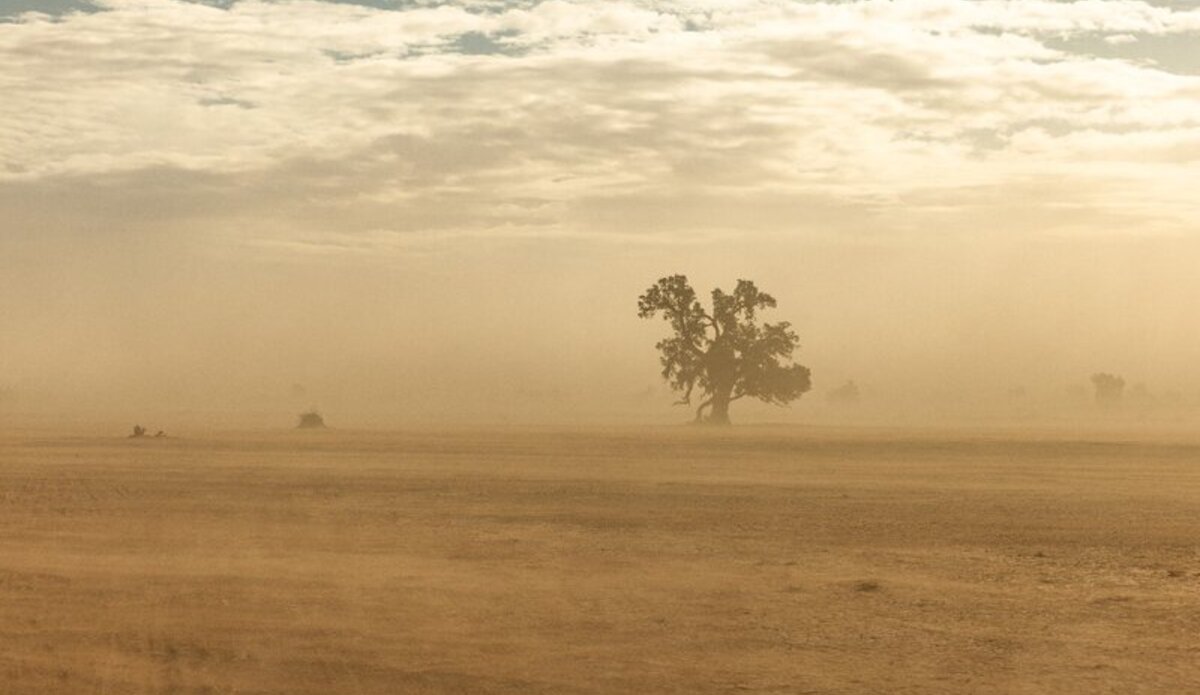The Secretary-General recognized the findings of the Sixth Assessment Report of the Intergovernmental Panel on Climate Change (August 2021) -- that the world is facing unprecedented risks from climate change and that every region is affected – as a “code red for humanity”. Inevitably, given the magnitude of the climate emergency, its cascading effects extend beyond the environmental sphere and into the social and political realm. While climate change is rarely – if ever – the primary cause of conflict, it can act as a risk multiplier, exacerbating underlying vulnerabilities and compounding existing grievances.
Understanding and responding to climate-related security risks has become a strategic priority for the Department of Political and Peacebuilding Affairs (DPPA), as is reflected in its Strategic Plan for 2023-2026. Such risks are highly context-specific, with impacts that vary across regions, countries and communities, requiring integrated analysis and responses as women, men and youth are affected in different ways. The risks are greatest where past or current conflicts have undermined the capacity of institutions and communities to absorb the additional stress brought on by climate change or adapt to the changing environment.
As the Under-Secretary-General for Political and Peacebuilding Affairs, Rosemary DiCarlo, stressed in a briefing to the Security Council in 2020, climate change has major implications for our ability to prevent conflict and sustain peace around the world. This is true in contexts where DPPA manages special political missions (the majority of which are deployed in highly climate vulnerable countries according to the ND-GAIN Index) as well as in non-mission settings, where DPPA supports UN Resident Coordinators on conflict prevention, peacemaking and peacebuilding, including through the Joint UNDP-DPPA Programme on Building National Capacities for Conflict Prevention.
DPPA is making targeted efforts to adapt its practices and methods to a climate changing world, including by integrating climate change considerations into analytical and planning mechanisms as well as into prevention, mediation and peacebuilding strategies. Key activities include targeted analysis, coordination for action, environmental approaches to prevention, and the development of new guidance in DPPA core areas, such as the mediation of armed conflict. In line with its Security Council mandate, the UN Assistance Mission in Somalia was the first UN field mission to deploy dedicated capacity on climate security to assess climate-related security risks, develop appropriate risk management strategies, and report findings to the Security Council. Similar efforts are underway in other contexts where the Council has recognized the adverse effects of climate change, among other factors, on stability. Since climate-related security risks are not felt equally by everyone, DPPA pays particular attention to the impact on women as well as the potential of women as agents of change.
Given the complex nature of the linkages between climate change, peace and security, DPPA pursues in integrated approaches and multi-layered partnerships. In an effort to promote approaches that combine peacebuilding with resilience and adaptation efforts, DPPA, through the Peacebuilding Fund, invests in a growing number of climate-sensitive peacebuilding projects around the world. The Department also seeks to strengthen partnerships with regional organizations, governments, civil society, and the research community to build on existing capacities, support local solutions, and strengthen the global evidence base on climate-related security risks.
CLIMATE SECURITY MECHANISM
An important component of DPPA’s efforts to understand and address the linkages between climate change, peace and security is the Climate Security Mechanism (CSM). Established in 2018 as a joint initiative between DPPA, the UN Development Programme (UNDP) and the UN Environment Programme (UNEP), and joined by DPO in late 2021, the CSM seeks to help the UN system address climate-related security risks more systematically. See the CSM 2023 Progress Report here.
To this end, the CSM supports field missions, UN Resident Coordinators and regional organizations to conduct climate security risk assessments and develop risk management strategies. The CSM has also established a UN Community of Practice on Climate Security as an informal forum for information exchange and knowledge co-creation. The group – which convenes around more than 500 personnel from 25 UN entities – meets every few weeks and is open to all UN staff interested in this topic.
TRAINING AND TOOLBOX
An additional priority for the CSM is capacity building to help strengthen our collective ability to advance prevention and sustaining peace in a climate-changing world. Jointly with partners, the CSM has developed a toolbox to help foster a shared approach to the analysis of climate-related security risks and shape integrated and timely responses. The toolbox is available to all practitioners and contains the following guidance documents:
- Overview (en/fr/sp)
- Briefing note on climate security (en/fr/sp)
- Conceptual approach to risk assessments (en/fr/sp)
- Relevant data sources (en/fr/sp)
- Checklist to help climate-proof political analysis (en/fr/sp)
WORKSHOP
14-16 November 2023, Cairo: Workshop on Multilateral Partnerships on Climate, Peace and Security
CONTACT
Please enquire here for more information.

